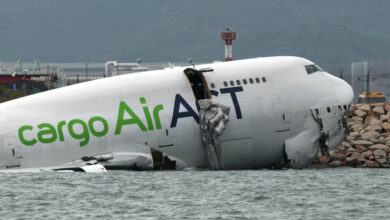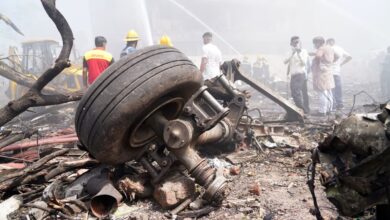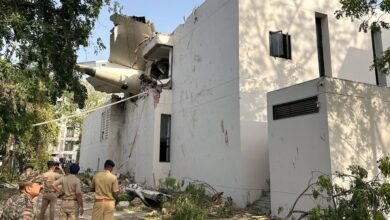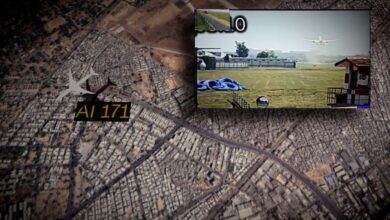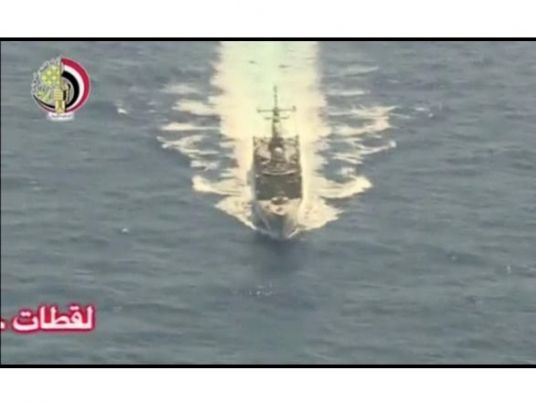
A second ship equipped with specialist search devices will join the hunt for the "black box" flight recorders and the wreckage of an EgyptAir jet on Friday, the head of France's air-accident investigation agency said on Thursday.
A French naval supply vessel picked up a signal from one of the two recorders on June 1, and Egypt has chartered a second vessel operated by Mauritius-based Deep Ocean Search, equipped with sonar equipment and an underwater vehicle.
Remi Jouty, director of the BEA air accident agency, which is advising Egypt on the underwater search, said the first ship continued to pick up locator signals from the first recorder, whose location had been narrowed to within 1 to 2 kilometres.
Pending the search for the two recorders, the Egyptian-led investigation is still "very far" from understanding why Flight 804 crashed into the Mediterranean on May 19, killing all 66 people on board, Jouty told aviation journalists in Paris.
Each recorder, one containing cockpit voice recordings and the other data from the Airbus A320 jet, is attached to a beacon designed to emit acoustic homing signals for 30 days, giving search teams limited time to detect the second box.
Jouty said he was sorry that French recommendations to extend the battery life to 90 days, first made in December 2009 following the Atlantic crash of an Air France jet and still not implemented worldwide, had taken so long to be acted on. The new rules take effect in 2018.
Each recorder is contained inside a strong bright-orange housing and attached to a beacon, or pinger, which sends out acoustic signals about once a second after a crash.
To recover the black boxes from the seabed 3,000 metres below the surface, investigators will need to narrow the signals to within a few metres and establish whether the pingers are still connected to the recorders, Jouty said.
How long it takes after that to recover the crucial pieces of evidence will depend partly on whether they are accessible or trapped inside the aircraft's structure, he told Reuters.
"It is difficult to imagine the recovery taking less than a week once they are located," he added.
Once recovered, the recorders would be handed to Egyptian authorities, who are expected to read them in the country's air crash investigation laboratory in Cairo.
If they are damaged they could be sent abroad for further analysis or back to their U.S. manufacturer, Honeywell.

